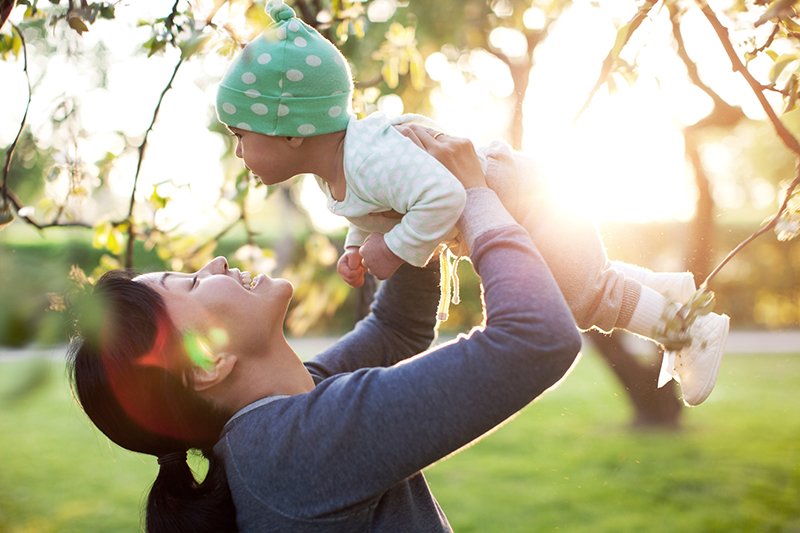Families For Life | Rough-and-Tumble Play-Toddlers

Most children love rough-and-tumble play and play fighting. Rough play lets children test and practise physical and social skills, take some safe risks, and learn about their bodies, including how strong they are.
Rough play: what it is and why children do it
Rough-and-tumble play is when children do things like climb over each another, wrestle, roll around and even pretend to fight.
Rough play is probably a basic human instinct that helps children develop many skills – but mostly children like this kind of play because it’s fun!
Rough play helps young children:
understand the limits of their strength
explore their changing positions in space
find out what other children will and won’t let them do
work out social relationships as they play roles, take turns and sort out personal boundaries.
Play fighting or real fighting?
You might worry that your child is being aggressive, but you can usually tell rough-and-tumble play or play fighting from the real thing.
In rough play, children smile and laugh. You might see excitement and pleasure on their faces. No one gets bullied, hurt or forced to do anything. Once children are finished with rough-and-tumble play, they keep playing together.
If you see frowning, crying, fear or anger, it isn’t play. And children who are really fighting move away from each other once the fight is over.
Rough play can sometimes lead to real fighting, so try to set some rules about what is and isn’t OK during play. You can get even young children involved in working out what the rules should be.
Rough-and-tumble play is usually pretty high energy – chasing, wrestling, spinning and play fighting. The key thing is that everyone is having fun. Sometimes children can get hurt, but no one is actually trying to hurt anyone else.
Rough-and-tumble play: ages and stages
Babies and toddlers enjoy exciting movement, as long as they feel safe. Toddlers and babies like to be bounced on their parents’ knees or lifted into the air. It’s best to be gentle with young children, though, to avoid any accidental injury.
Toddlers love playing catching, spinning around and dancing. This kind of active play works best when children are wide awake and not expected to go to bed or sit quietly any time soon.
Primary school children are the biggest rough-and-tumblers.
Never shake your baby or child, because it can cause bleeding inside the brain and likely permanent brain damage.
© raisingchildren.net.au, translated and adapted with permission
Explore more